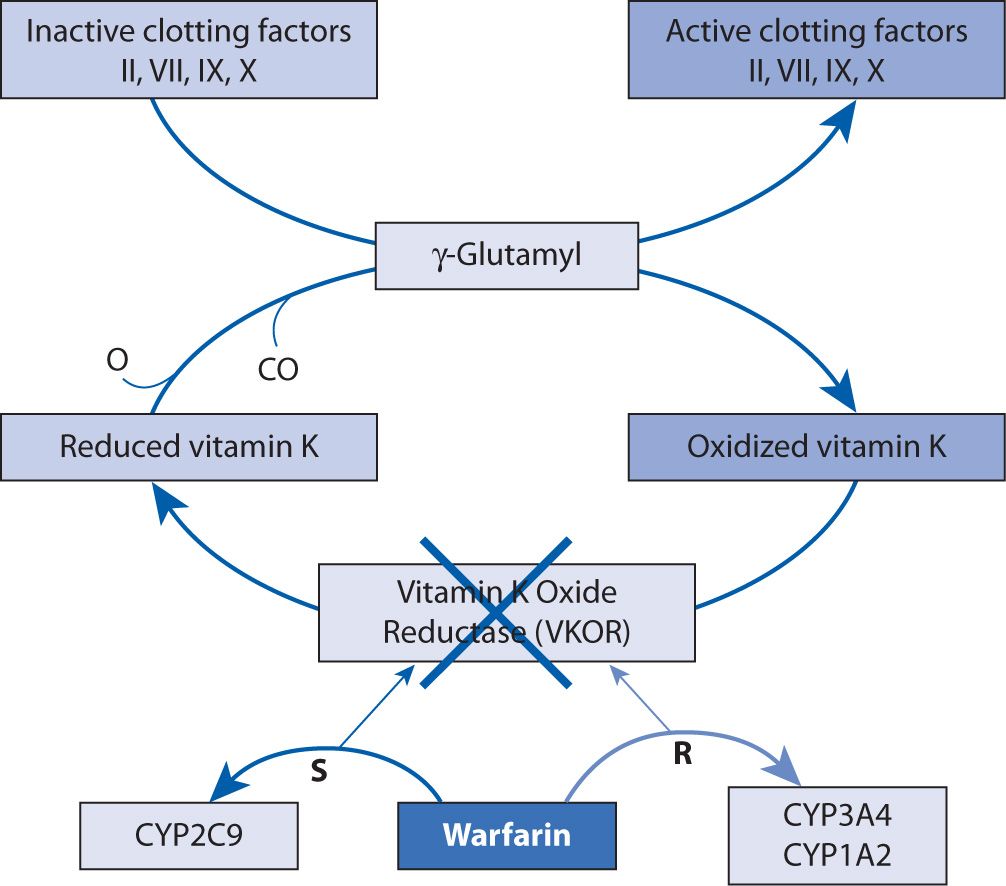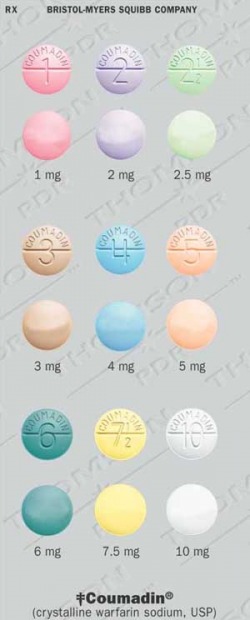


Guidelines for the management of an elevated INR in adults Patients at high risk for arterial and venous thromboembolism should be discussed with a haematologist regarding the need for bridging anticoagulation.Prothrombinex-VF use for warfarin reversal should be restricted to emergency settings.If necessary, warfarin can be withheld for 5 days before surgery, or intravenous vitamin K can be given the night before surgery.Surgery can be conducted with minimal increased risk of bleeding if INR ≤ 1.5.For minor procedures where bleeding risk is low, warfarin may not need to be interrupted.

Key points from these guidelines include: The THANZ guidelines provide a risk stratification strategy for the perioperative management of patients with a history of arterial and/or venous thromboembolism. guidelines from the American College of Chest Physicians and the Thrombosis and Haemostasis Society of Australian and New Zealand (THANZ). In patients receiving warfarin who are scheduled for elective non-cardiac surgery or other invasive procedures (excluding minor procedures-see Recommendation 10) specific management according to current guidelines is required (e.g. In patients undergoing minor dental procedures, arthrocentesis, cataract surgery, upper gastrointestinal endoscopy without biopsy or colonoscopy without biopsy, warfarin may be continued (Grade B). The Patient Blood Management (PBM) Guidelines: Module 2 – Perioperative provide some guidance with the following recommendation and practice point. When considering how to manage patients receiving warfarin who require surgery, the risk of thrombosis if warfarin is withheld needs to be balanced with the risk of bleeding if continued. Management of patients on warfarin undergoing invasive procedures


 0 kommentar(er)
0 kommentar(er)
